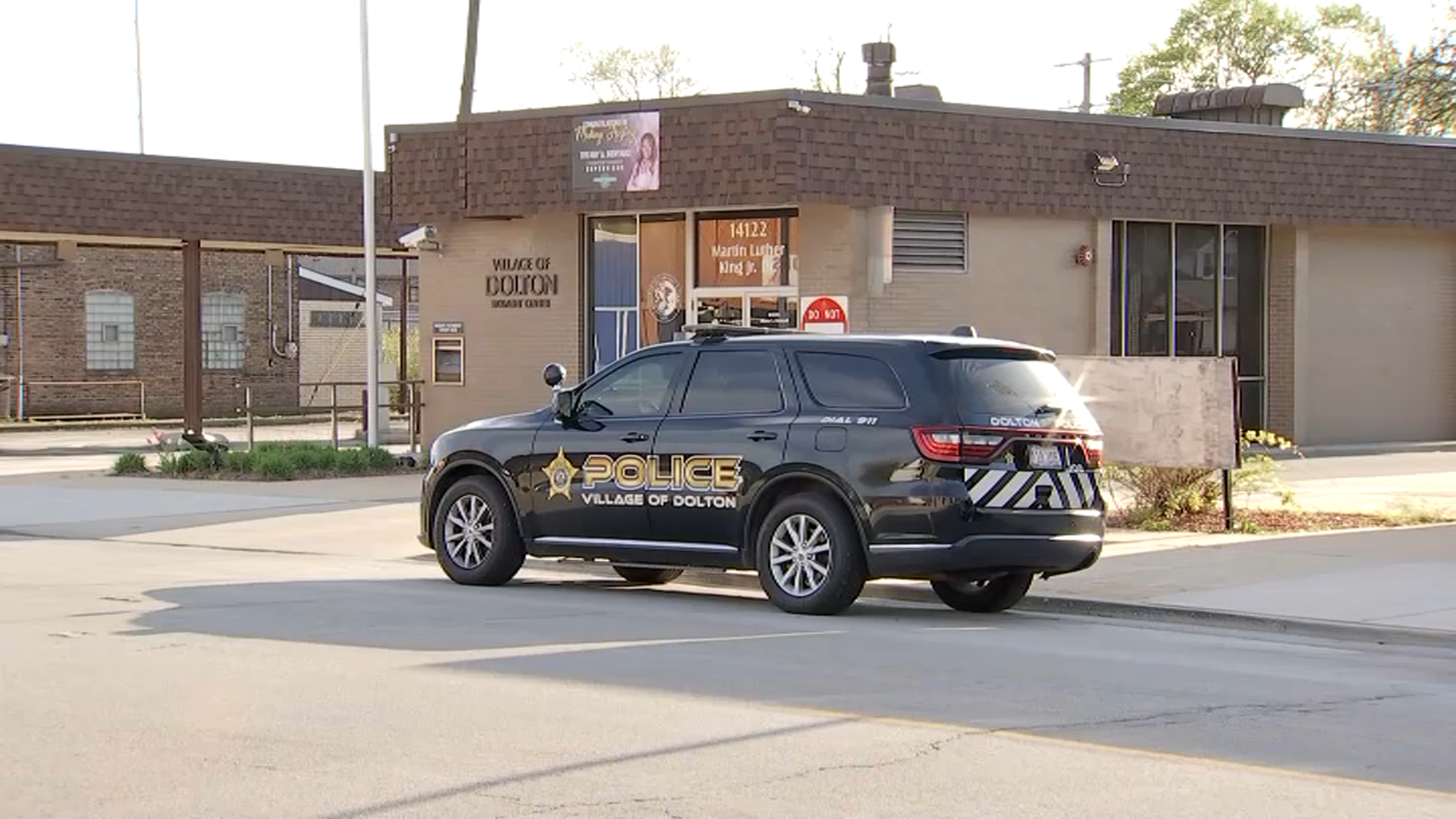In a lengthy set of motions spanning 198 pages, attorneys for former governor Rod Blagojevich argued that Judge James Zagel stacked the deck in the government's favor, leading to his conviction last month on 17 corruption counts. The lawyers asked that his conviction be set aside, and that he be granted a new trial, arguing that Blagojevich operated within the confines of a well-established system of campaign contributions, and that he was in constant communication with lawyers and advisers at every step.
"The jury in this case should have signed a petition, not a guilty verdict," the lawyers wrote, in the motion filed just after 10 p.m. Monday night. "To find that there was wrongdoing in this case should result in reform of the system, not in the conviction of Blagojevich."
Blagojevich himself says in an attached affidavit that he was essentially misled into testifying by false assurances offered by the judge.
The argument that Blagojevich operated with the advice of counsel was essentially rejected by Judge James Zagel at trial. But his lawyers argued that the former governor "operated in good faith at all times," with his conviction based on "speculations and inferences of government witnesses...who wrongly translated innocent conversations into crimes."
The Blagojevich attorneys argued that prosecutors manipulated the system, placing the former governor in double jeopardy at his second trial.
Local
"Increasingly as trial went on, the defense was handicapped and prevented from presenting a defense, or upholding Blagojevich's most fundamental constitutional rights," they wrote. "The jury was left with only one version of events - that of the government."
The lawyers argued that Blagojevich's case was "doomed" from the beginning.
"This is not a case of overwhelming evidence of guilt. It is a case of overwhelming bias against the defense, in which the playing field was so unlevel, that Blagojevich never stood a chance at a fair trial."
In making that argument, the lawyers delivered a scathing assessment of Zagel's conduct of the trial.
"There was a thumb on the scale of justice which resulted in the unconstitutional convictions in this case," they wrote. "Throughout the trial, there were countless rulings, buttressed by manipulative government tactics, which served no legitimate purpose."
"The only purpose for the rulings, was to secure a conviction."
Contrary to the first trial, in the second proceeding, Blagojevich spent days on the stand testifying in his own defense. His lawyers argue that he only did so, after Zagel assured them he would allow the former governor to say that he "honestly believed that what he was doing was legal."
"Counsel for Blagojevich discussed this issue at length with Blagojevich, and it formed the basis for his decision to testify," they wrote. "On June 1...the court ruled contrary to its prior rulings. The court then determined Blagojevich could not testify that he honestly believed what he was doing was legal."
Indeed, in an attached affidavit, signed over the weekend, Blagojevich said he only decided to testify after receiving assurances that he would be able to argue that he believed in the legality of his actions, that he now concedes he may have been mistaken, and that no one he spoke to, including lawyers, said he could not do the things he did.
"I would not have testified at trial, if I knew I would not be able to give the aforementioned three points in my testimony."
In a case which featured scores of often profane undercover recordings, Blagojevich and his lawyers accused the government of "cherry picking" the evidence, presenting only calls which cast the former governor in the worst possible light, while preventing the defense team from playing other calls which might have explained his actions. They further charged that prosecutors "demonized" the political process, painting political fundraising in Illinois as an essentially corrupt practice.
On the issue of the alleged sale of the Obama Senate seat, the motion argues that Blagojevich's First Amendment rights were violated.
"Blagojevich was convicted of being a politician," they wrote, arguing that when he merely talked about a potential political job swap, it was not the same as taking affirmative action.
"The potential appointment to Health and Human services is a political act, not a crime," the attorneys continued. "Blagojevich honestly believed that a political job swap was legal."
They reveal that Blagojevich wanted to play undercover recordings where he was heard speaking with Senate Majority Leader Harry Reid and Senator Robert Menendez, head of the Democratic Senatorial Campaign Committee, in which both spoke favorably of a proposed deal which would have made Lisa Madigan the new senator. The tapes were forbidden by Zagel, and the attorneys argued that they would have proven that the Madigan gambit was a real alternative Blagojevich was considering.
Prosecutors contended it was a smokescreen, which was never actively pursued.
The motion reveals that one juror was dismissed during the trial, for taking her notes home with her, and writing down questions which were the subject of objections. The juror, number 125, said she wanted to type the notes and organize them better.
There is little likelihood that Zagel will entertain demands for a new trial. But the motion was necessary to preserve issues, for Blagojevich's upcoming appeal.



